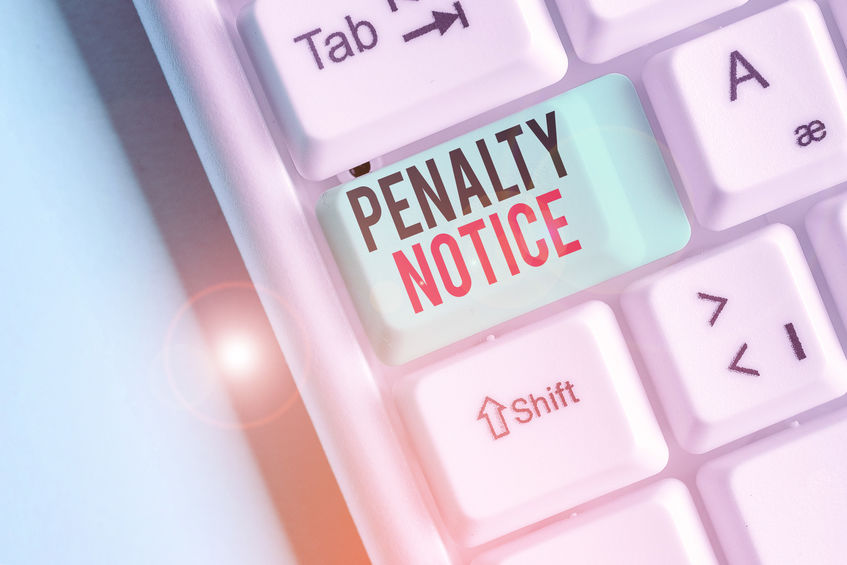On a daily basis we are contacted about a UK Ltd contracting in the Netherlands and how Dutch tax can be avoided. What is happening?
UK Ltd contracting in the Netherlands
Part of our core business has become explaining UK Ltd companies about the rules we have in the Netherlands.
The standard message is more or less like this: we have won a contact in the Netherlands, we will be paid by a UK Ltd company in the UK. Low salary, high dividend. Can you assist?
Obviously not, hence this article.

Anti exploitation rules
In the Netherlands we have anti exploitation rules as some Dutch employers were exploiting Polish fruit pickers. I doubt any of the UK employees earning on average EUR 8.000 a month experience the feeling of being exploited. Nevertheless, these rules also apply to them.
What do anti exploitation rules imply?
The UK Company needs to register the UK Ltd with the Dutch Chamber of Commerce as so called Waadi employment agency. The Dutch Chamber of Commerce reports this company to the Dutch tax office. Then a Dutch Value Added Tax number is issued. A Dutch wage tax number with the ABU collective labour agreement is issued and a Dutch corporate income tax number.
The UK Ltd needs to run a Dutch payroll under the ABU collective labour agreement. The philosophy of high dividend low salary is not accepted in the Netherlands.
The penalties for not complying are huge.
Tax-is-exciting
We think tax-is-exciting, paying a lot of tax can be exciting too! That implies you earned a lot. Then again, not everybody thinks the same. Solutions are brought to light that the Dutch tax office has already ruled.
We cannot assist WAADI companies as we cannot run the ABU collective labour agreement. I hope this article updates the UK Ltd contracting companies about the obligations in the Netherlands.





